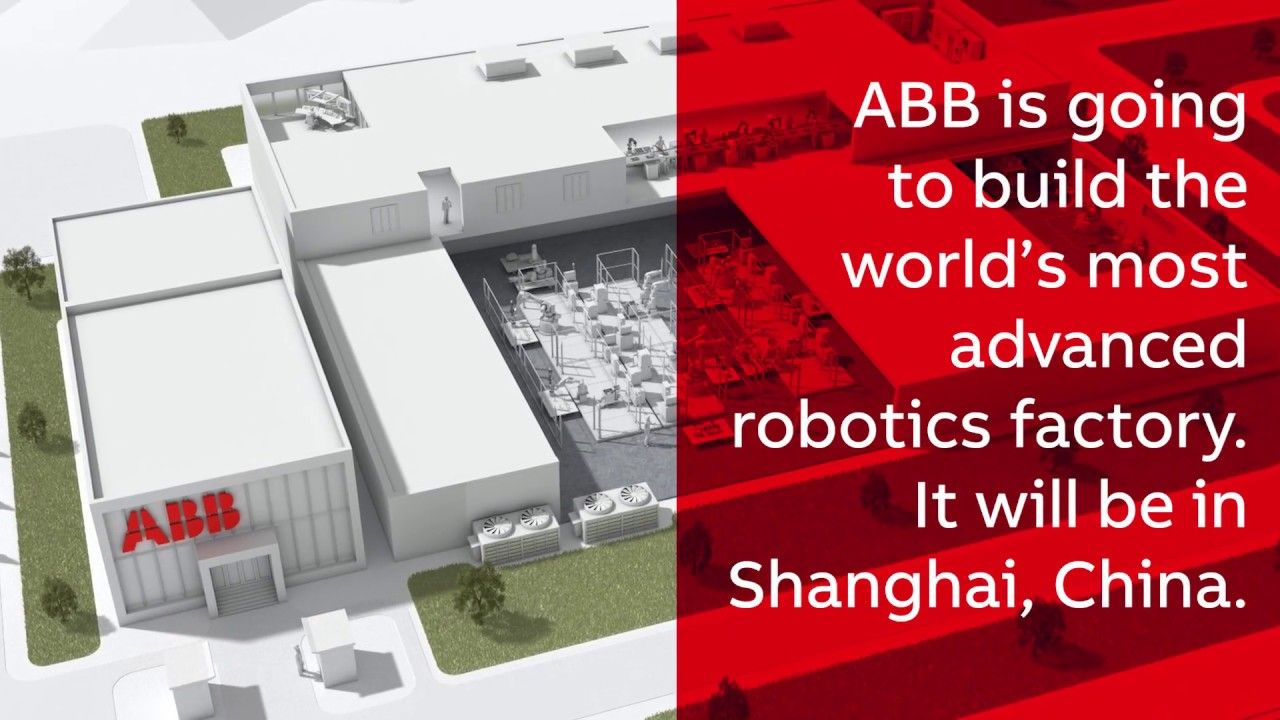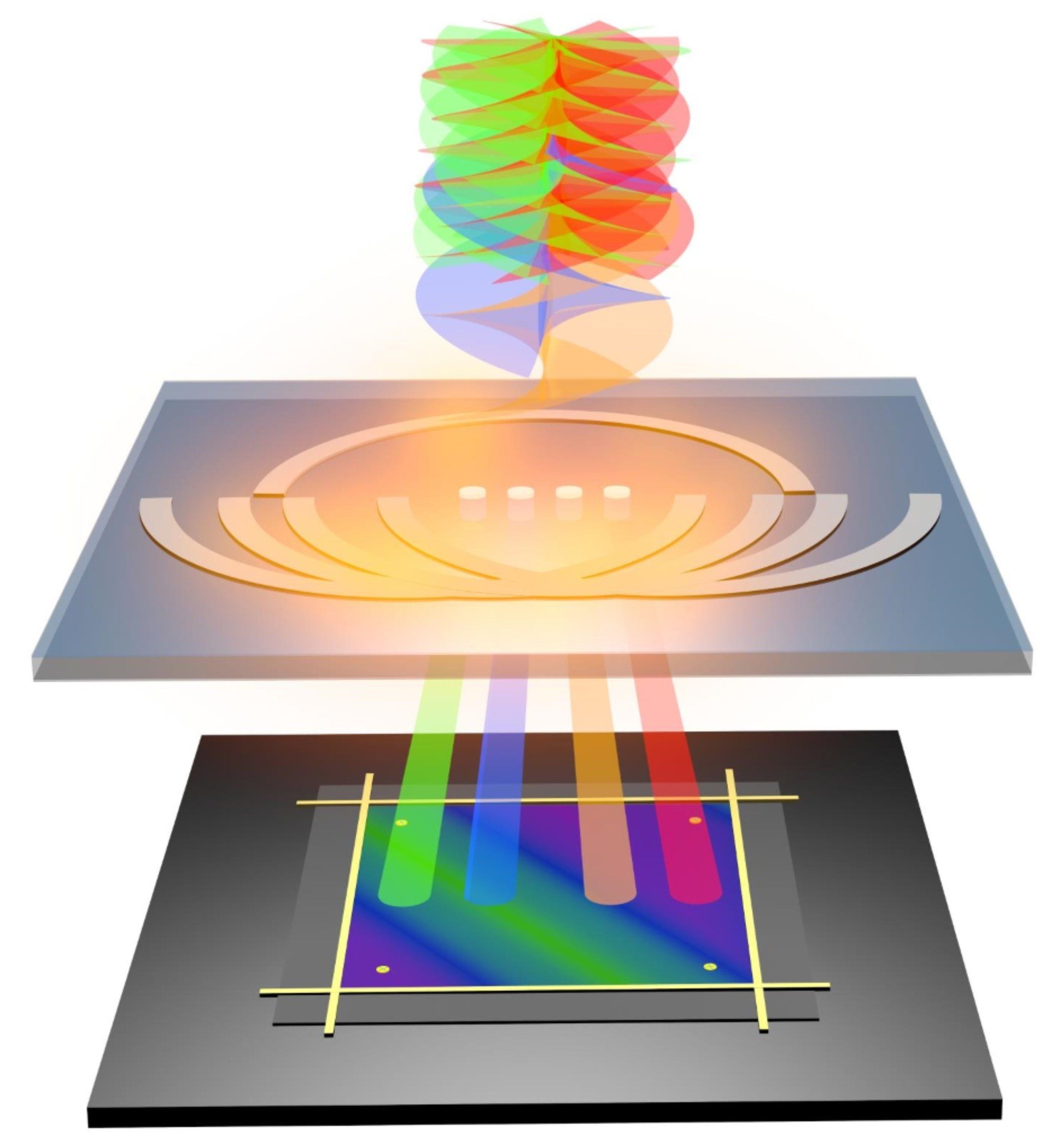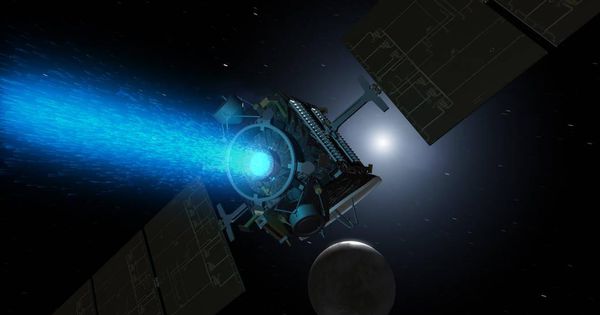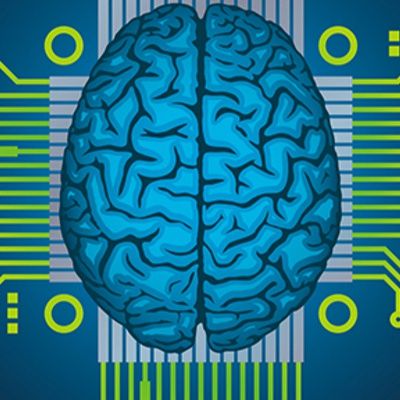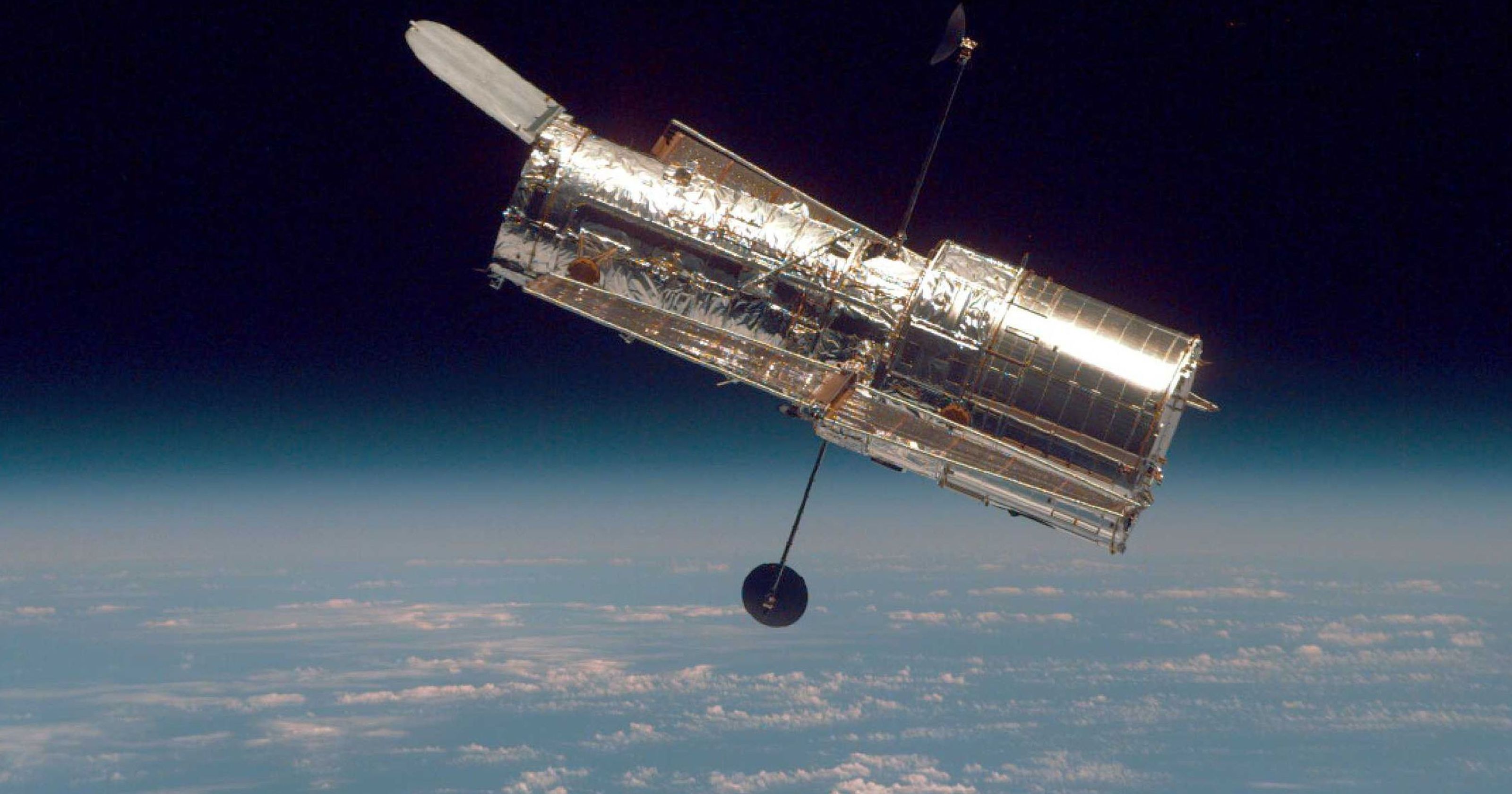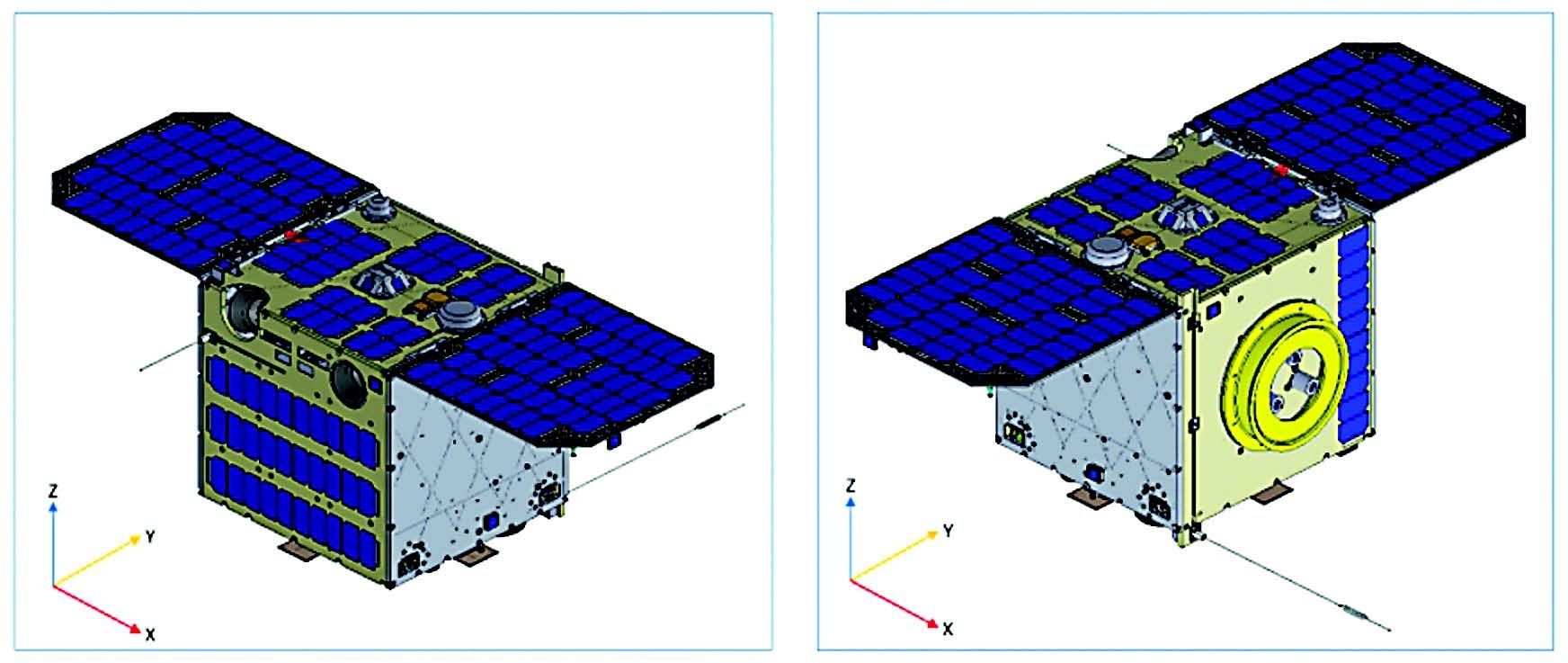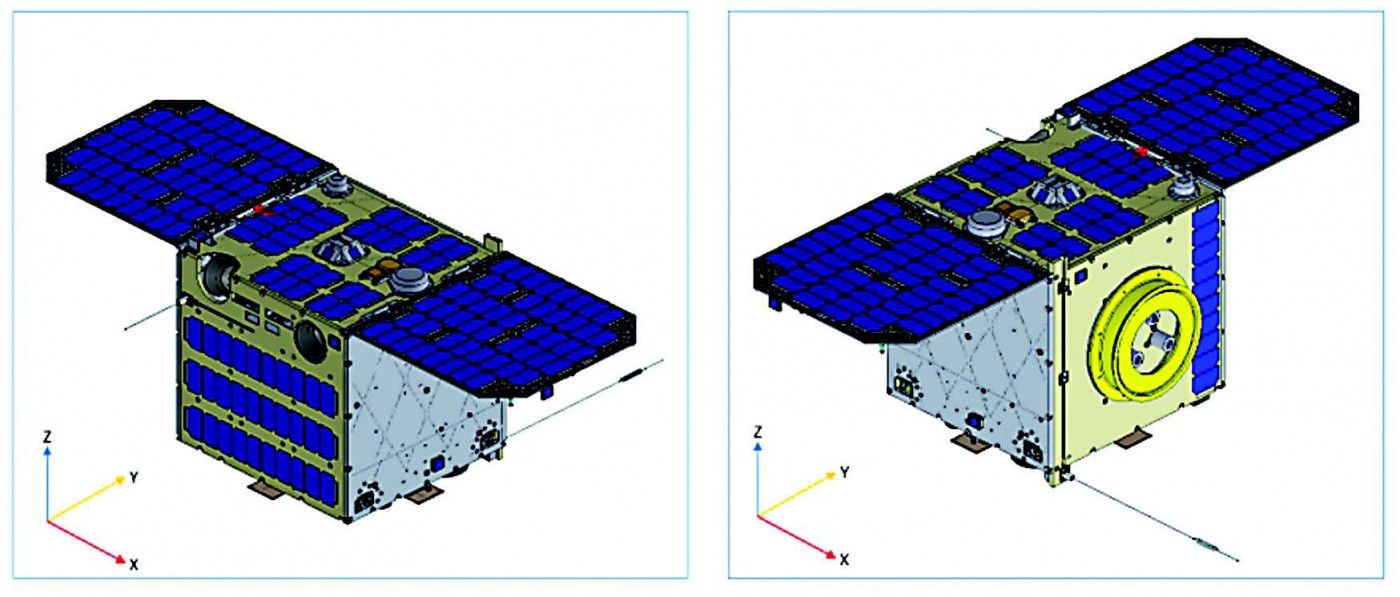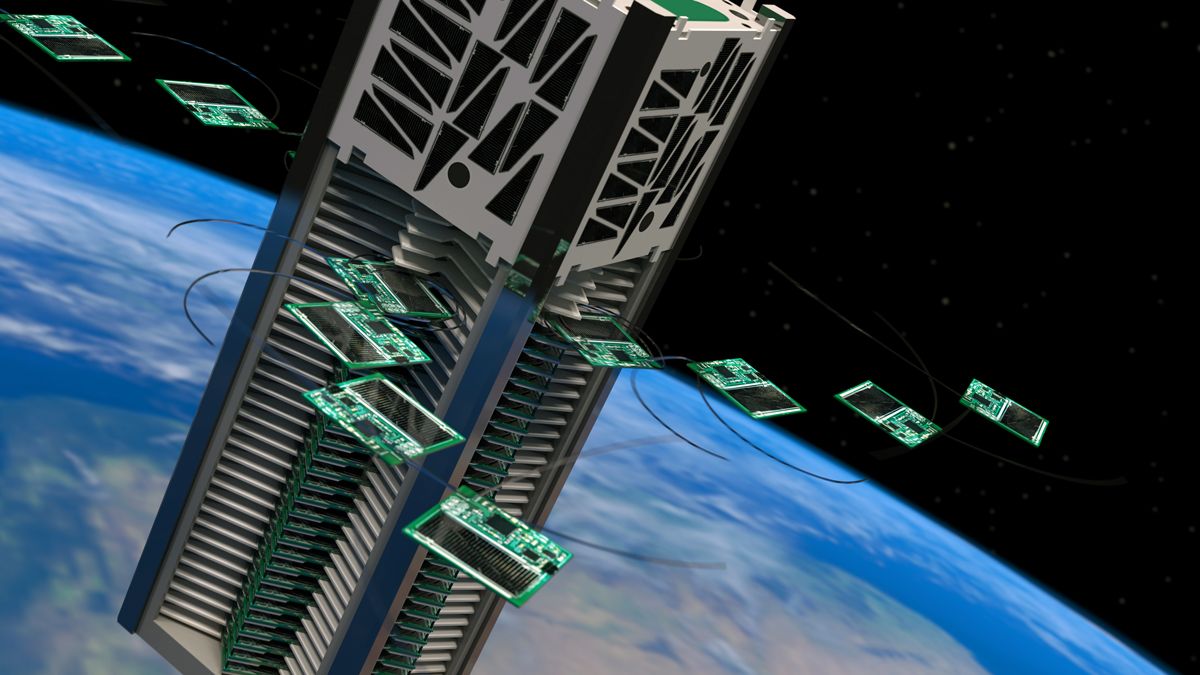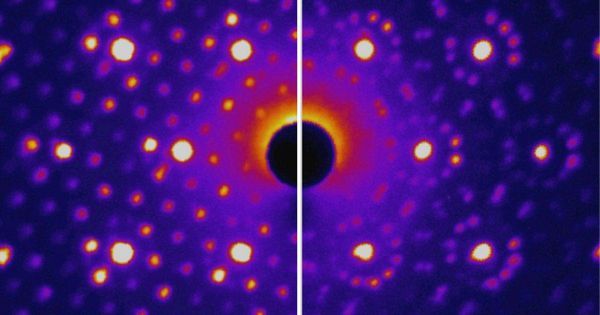A factory where robots make robots is surely the stuff of nightmares for those living in fear of the dreaded uprising. But putting apocalyptic horrors aside for a moment, ABB’s new site could be one of the most advanced facilities of its kind when it opens in 2020 with plans to make 100,000 robots a year.
